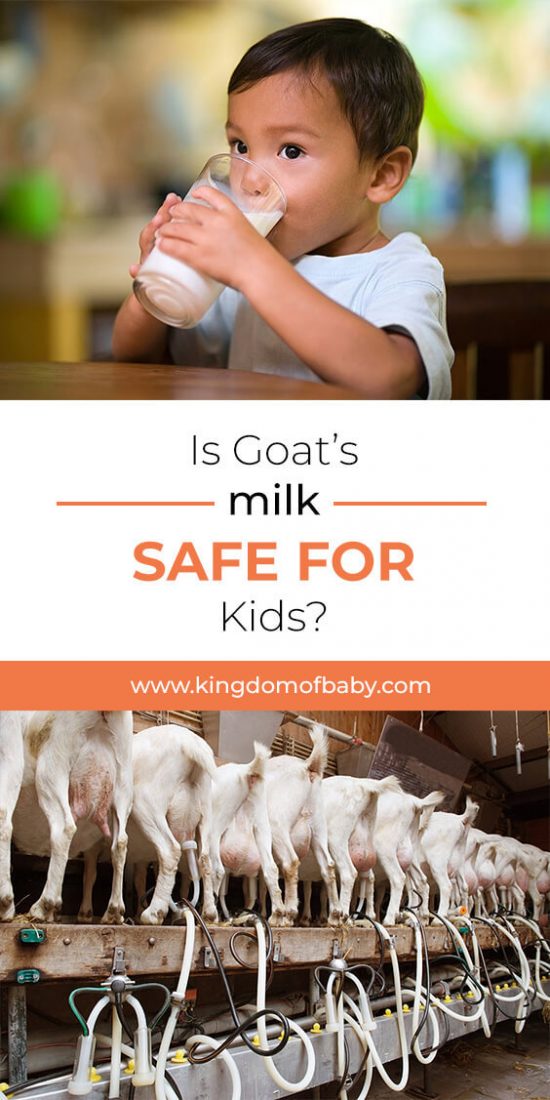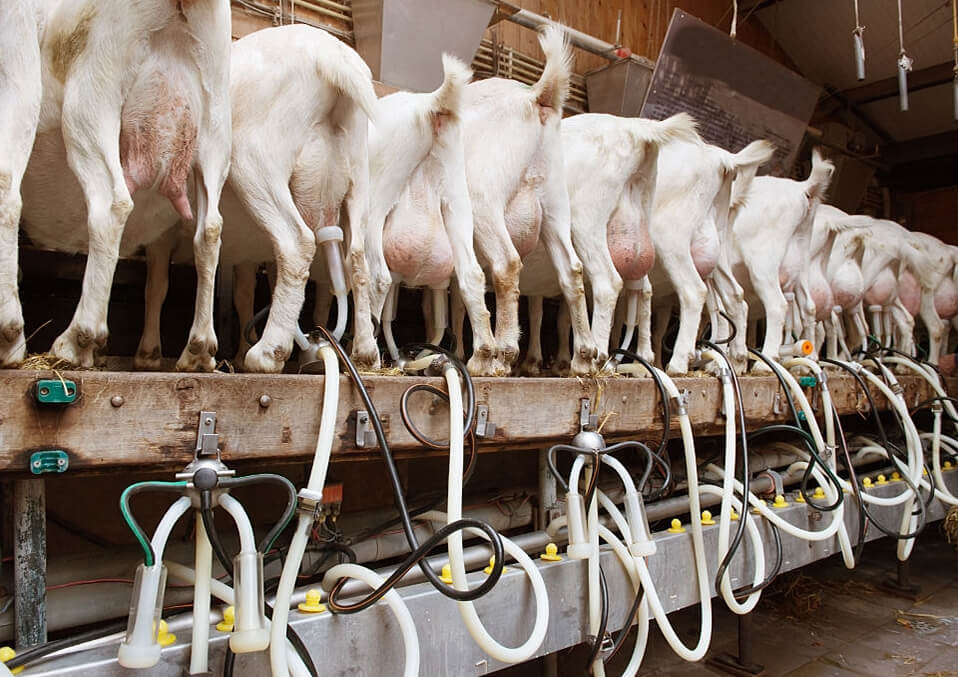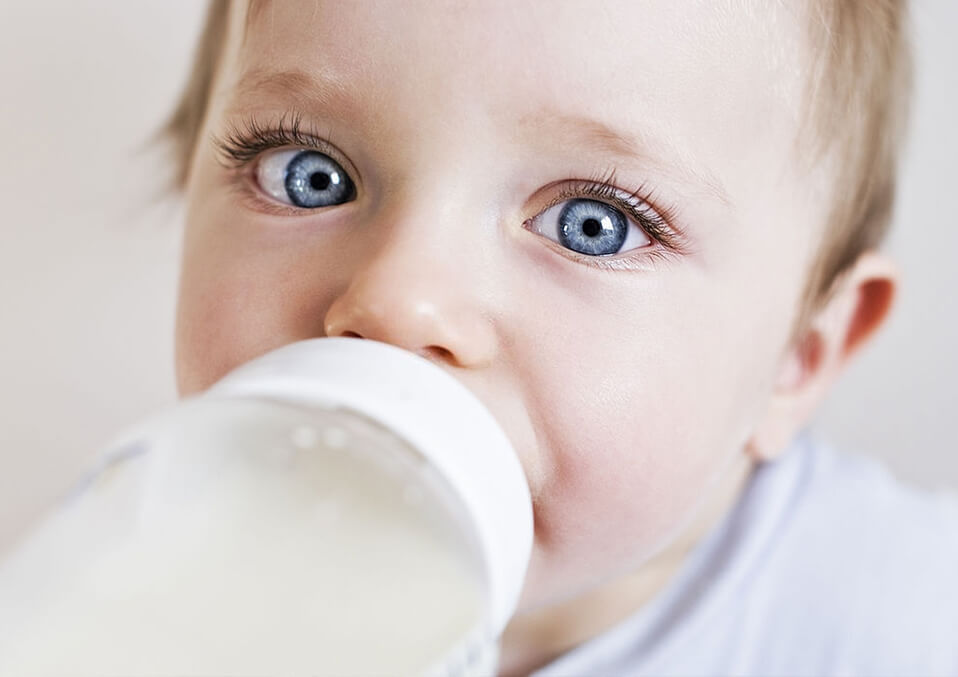
Breastmilk is still the best for babies. But when babies grow up and started weaning, many parents are looking for an alternative to breastmilk. Most commonly, cow’s milk has been the most popular option. But since some kids have been found to be allergic to cow’s milk, they have searched for other options to suffice kids’ needs. One of those that pop in the top of the list as an alternative is goat’s milk. Why goat’s milk? Is goat milk safe for kids?
Take note!
Kids can have goat’s milk if they are one year old and above. It may cause intestinal irritation and anemia to young infants. It is always advised to consult your pediatrician before giving anything to your child, and that also includes goat’s milk. Be wary of symptoms of allergies such as skin irritation, sneezing, runny nose, swelling, and vomiting, abdominal pain, diarrhea, nasal congestion, coughing, and itchy rashes. If there are seizures and trouble breathing, immediately bring the victim to the hospital or call the emergency hotline for assistance.
Read also: Food Allergies on Kids
Goat’s milk vs. cow’s milk

How does goat’s milk differ from cow’s milk?
- It has less alpha-S1 casein, the allergenic protein found in cow’s milk. This is the reason why some are allergic to cow’s milk. Goat’s milk has only traces of it, that is why kids who are allergic to cow’s milk can possibly tolerate goat’s milk minus the harmful side effects. Take note that it also contains beta-lactoglobulin, another allergenic protein that is also found in cow’s milk. So it is better to consult your kids’ dietitian before giving it to them.
- Studies show that goat’s milk is said to be easier to digest than cow’s milk. Because of the chemical reaction of the stomach acid and the protein in milk, protein clumps formed in kids’ stomachs when they drink milk. Goat’s milk forms smaller clumps that make it easier to digest. That is why goat’s milk is often advised to kids with gastroesophageal reflux (GER).
- Goat’s milk contains lesser lactose, the sugar that is also found in cow’s milk. That is why goat’s milk is a better alternative for kids who have lactose intolerance.
- Goat’s milk contains more vitamin A, vitamin B6, vitamin C, niacin, and selenium than cow’s milk.
- Goat’s milk has a higher level of calcium and magnesium and has lesser cholesterol.
Read also: Why Goat’s Milk for Toddlers is a Safer and Better Choice?
Consider these:

Check on the label when you buy goat’s milk formula in the market.
- Depending on the formula, your kids might be needing the supplement of folic acid. Goat’s milk contains 10% lesser folic acid than that of cow’s milk.
- It contains lesser iron and vitamin B12 so consider giving your kids supplement to provide your kids the nutrients that they may be needing.
- Always look for organic goat’s milk formula. It does not only cut down the risk of allergies, it has growth hormones and is not genetically modified.
- Make sure to buy pasteurized goat’s milk formula. The process destroys bacteria that may be harmful to your kids.
- Similar to cow’s milk, goat’s milk also contains a high level of sodium, potassium, and chloride. It may cause gastrointestinal bleeding leading to anemia and poor growth.
Read also: Your Ultimate Guide To Know How To Switch Baby From Formula To Milk
A final note
Breastmilk will always be the best for babies. Baby formulas like goat’s milk, cow’s milk or soymilk are only recommended in certain considerable circumstances. We all want the best for our kids. Make sure that you are asking for a certified pediatrician’s advice if you would like to make the shift to goat’s milk for your kids. Take the necessary precautions and observe warning signs so that goat’s milk will cause no harm to your kids.
Read also:
- Powdered Milk in Box Best for Babies
- How to Increase Breast Milk Production?
- Child Drinking Too Much Milk: is it Risky or Safe?


